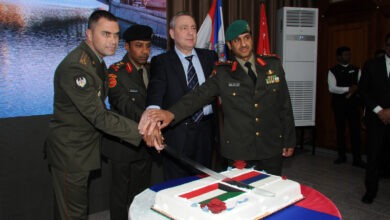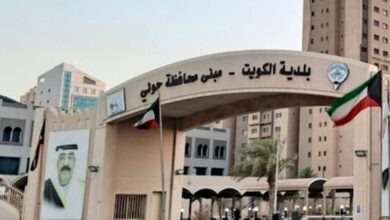Egyptian-Kuwaiti relations are a model for Arab cooperation: Ambassador Shaltout
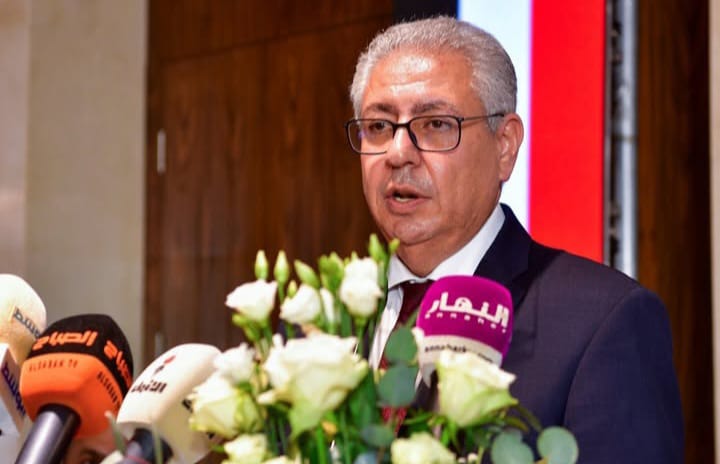
The Ambassador of the Arab Republic of Egypt to the State of Kuwait, H.E Osama Shaltout, said the relations between Egypt and Kuwait are deep-rooted and serve as an exemplary model for joint Arab cooperation.
He praised the strong and enduring official and popular ties that bind the two nations, emphasizing that these relations are built on mutual respect, shared interests, and continuous coordination.
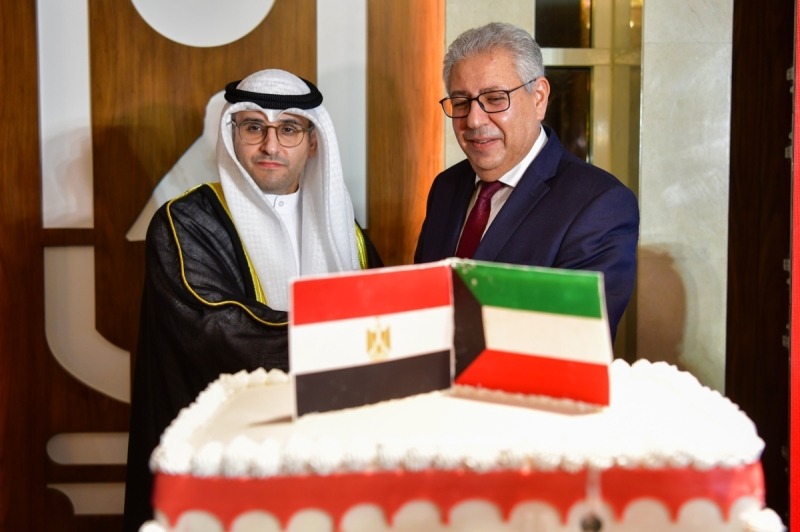
Ambassador Shaltout made these remarks during a speech hosted by the Egyptian Embassy in Kuwait to commemorate the 73rd anniversary of the July 23, 1952 Revolution.
The celebration was attended by the Kuwaiti Minister of State for Municipal Affairs and Minister of State for Housing Affairs, Abdul Latif Al-Mishari, along with a distinguished gathering of senior officials, members of the diplomatic corps, and representatives of the Egyptian community in Kuwait.
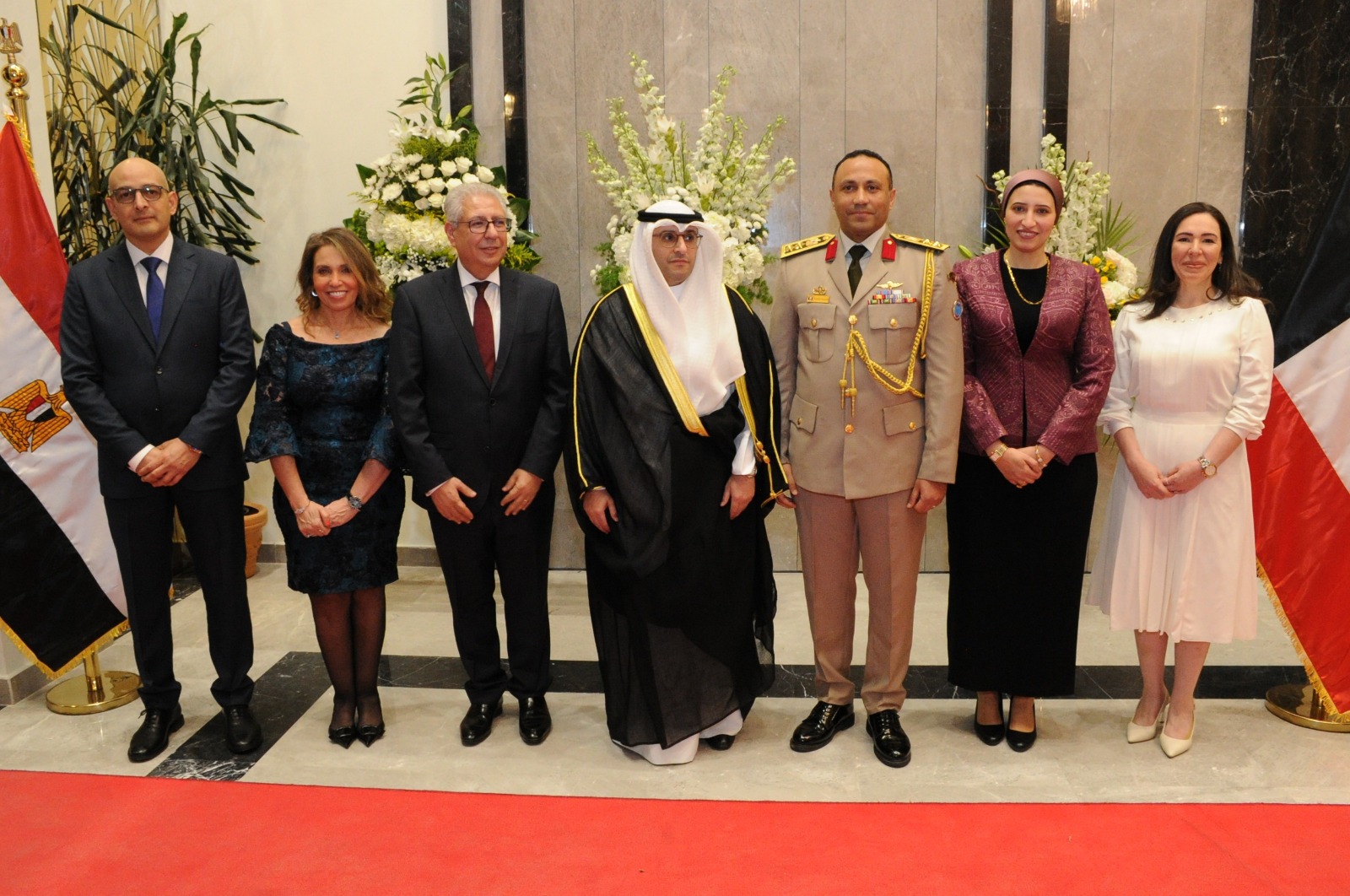
Ambassador Shaltout highlighted the steady and multifaceted development of Egyptian-Kuwaiti relations across political, economic, cultural, and developmental spheres.
He noted the ongoing exchange of high-level visits, including the important state visit of His Highness the Amir of Kuwait, Sheikh Mishal Al-Ahmad Al-Jaber Al-Sabah, to Egypt in April 2024, describing the visit as a significant milestone in the trajectory of bilateral cooperation, further cementing the strategic partnership between the two countries.
The ambassador also spoke about the historical significance of the July 23 Revolution, describing it as a vital moment in Egypt’s modern history.

He explained that the revolution laid the foundation for the principles of national independence, sovereignty, and social justice. It also marked the beginning of Egypt’s support for national liberation movements across Africa and the Arab world and contributed to the global non-aligned movement during the Cold War era.
In conclusion, Ambassador Shaltout expressed his heartfelt gratitude to the State of Kuwait — its leadership, government, and people — for the warm reception and generous hospitality he has experienced throughout his diplomatic mission.
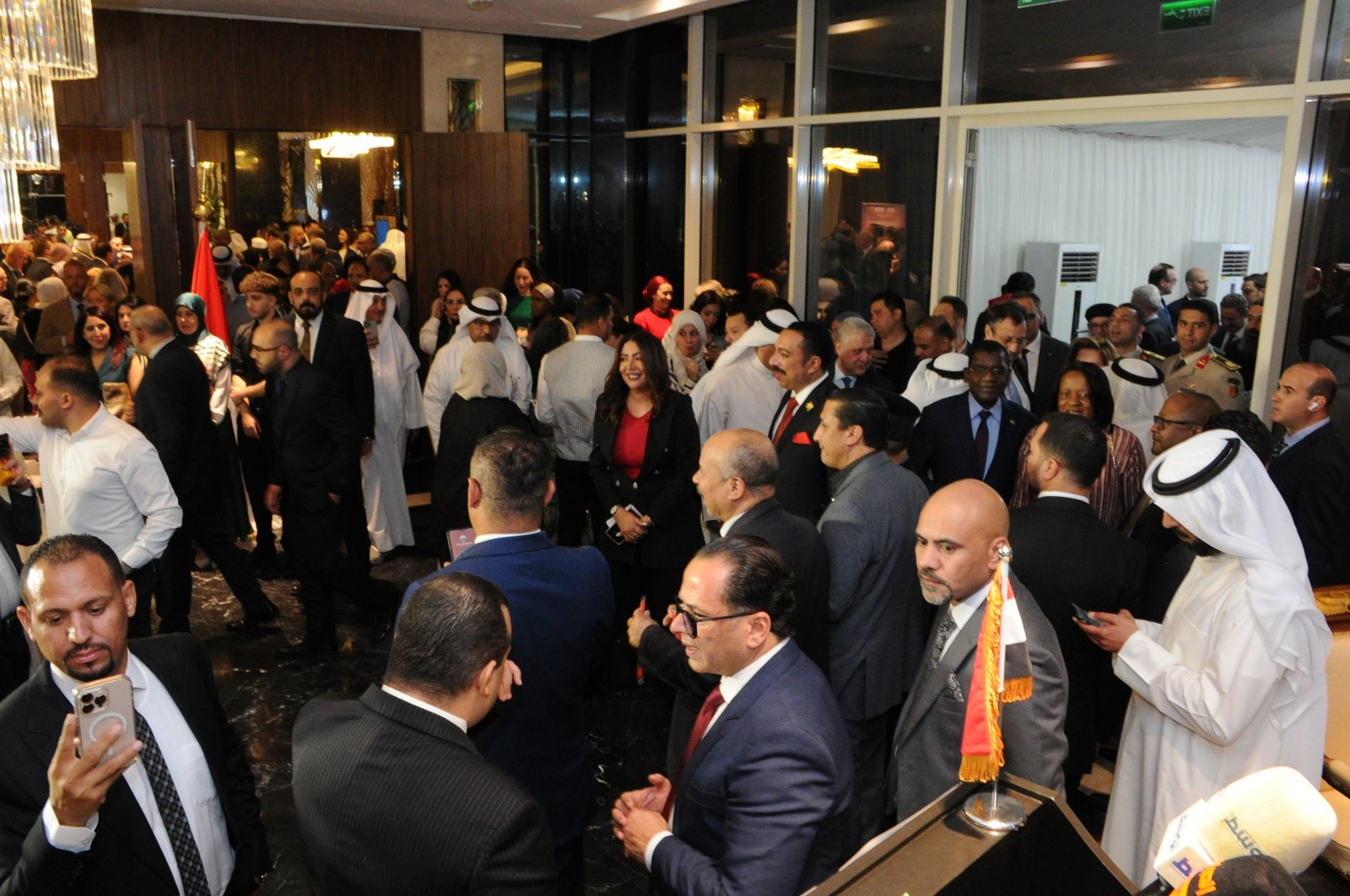
He reaffirmed Egypt’s unwavering commitment to further strengthening bilateral cooperation in a way that serves the common interests and aspirations of the two brotherly peoples.
The July 23, 1952 Revolution stands as a defining moment in Egypt’s modern history. It was a bloodless military coup led by a group of nationalist army officers known as the Free Officers Movement, which brought an end to the monarchy of King Farouk I.








